A personal perspective on alternative paths in science
Many students don't know what the next step in their career will be. Do I continue studying or should I look for a job? Why not learn from the experienced people?
These last and coming weeks many students have finished or will finish their studies. However, many of them do not know their next step career-wise. Should I continue studying or look for a job? If I choose work, do I stay in academia or go to a company? Do I have to do research or are there any alternatives? And what do I do if I really have no idea of what to do?
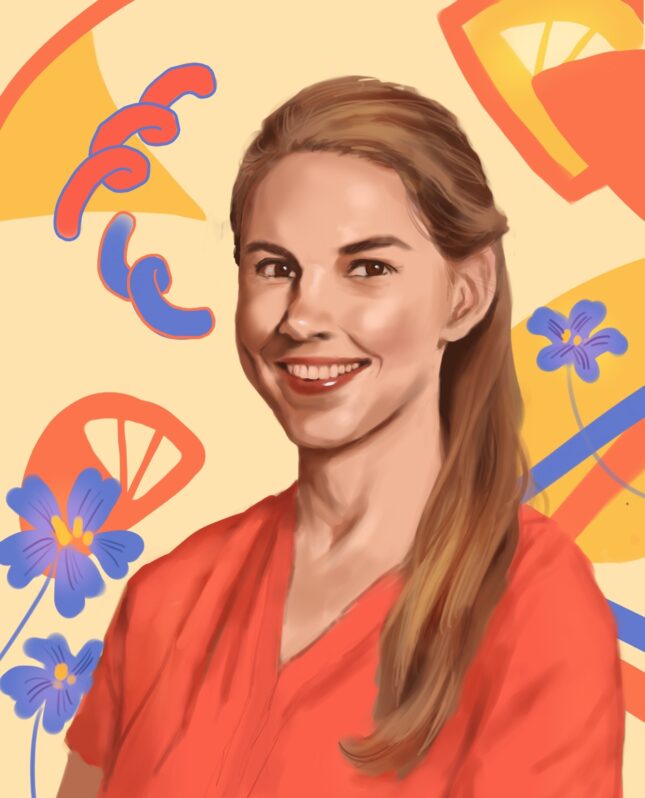
Finding the answers to the above-mentioned questions is really personal and it can be very difficult sometimes. And, that was my motivation to write this article and maybe give some sort of ideas or guidance to overcome the unknown phase that many of us are facing.
Here, I present to you a personal perspective of alternative paths that are very much involved in science but not necessarily research. I interviewed Dr. Tessa Vossen, a former student from Leiden University who had her own dilemmas and uncertainties while finding her place in the labour market. She is a biologist trained in Science Communication and with a PhD in Science Education. Currently, she is a guest at Leiden University finishing her post-doc research. She also just started as a very enthusiastic teacher at a high school in Leiden.
Tessa started her higher education at Leiden University, studying a Bachelor’s degree in Biology. She enjoyed her early years and like many of us, it was not until the end of her studies that she started to think about what to do next. After thinking it through, her next move was to continue her academic career with a Master’s degree in Biology and Science Communication.
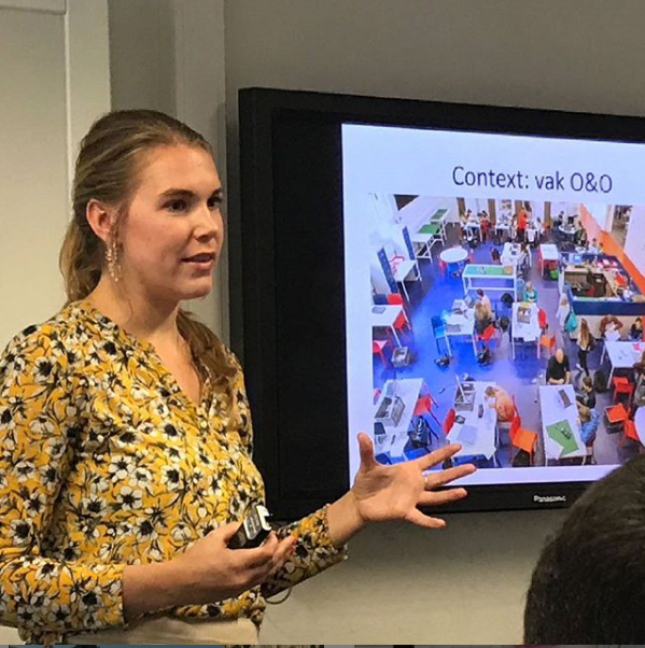
Why did you decide to start your education in Science Communication? Did you feel that there were some personal goals that you could not fulfil staying in research?
“It was not that there were goals that I could not fulfil (with research). But rather I thought it would be more interesting from that perspective, because I was interested in education and communication. I was a volunteer for many years at a local farm, which also had educational activities for children and I sometimes volunteered sometimes at the weekends for those activities and children's parties. And I really liked informing them about the nature around. So, I think that inspired me to start that Master’s studies.”
During her Master’s degree, our interviewee learned about Science Education together with Science Communication. And that, maybe even without her realizing it at the moment, was a turning point in her academic and future career.
After finishing and even during your Master’s degree you have always been involved in education. In your case, how did you know that you preferred to continue with education rather than communication?
“I don't know, because I haven't worked in, like the science communication fields practically. Because I did my internship at Museon and then after my studies, I worked at an educational office, and I worked with educational science. So, I think for me, it was always clear that I was going a little bit towards education, because I wanted to work with the target groups of children and teenagers. I guess those appealed to me most.”
After obtaining your Master’s diploma, you did a PhD in Science Education. How and when did you decide that a PhD was the way forward for you instead of teaching, for example?
“Well, I didn't really decide it, I guess. I just wanted to have a nice starting job after I graduated from my studies. So first, I worked for two months as an educational officer. But I had also applied for this Educational Science PhD at ICLON. […] So, I just went to an interview for that job opportunity.”
While talking about her job interview, she started laughing. And what she explained to me was completely unexpected but that comes to show that, sometimes, good and unexpected things happen.
“And it's quite funny for me because it was one of my first job applications. They said (in the application’s confirmation email), you can inquire for more information below. And then there was information below, so I thought: okay, that's it. But it turned out that I had to send an email to the professors, but I didn't notice that, and then you would get a document with all the information about the project. Then I went to the interview.” Essentially (once I knew about the documents) I thought: well, I'm never going to get the job because I didn't read the documents and I had no idea what it was about. But then it turned out that I, by myself, had already said the right things that somehow were in the documents (I didn’t read) and so I was hired.”
During her PhD in Science Education, Tessa focused mainly on the opinion of students and teachers about research and design in STEM (Science, Technology, Engineering and Maths). Even though the main issue of her thesis was directly related to science, its research component was primarily from Social Sciences, where qualitative research is as important as quantitative.
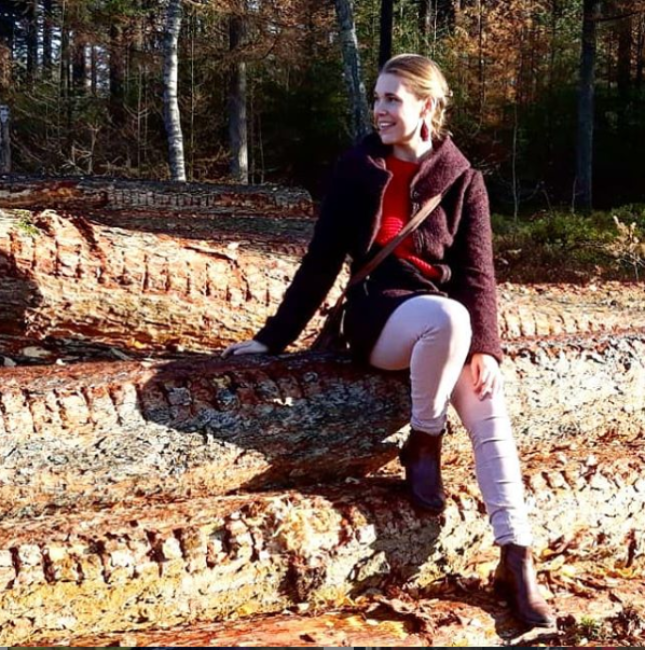
How was doing research in Social Sciences opposed to researching in biology?
“That was different. I mean, it was kind of the hard sciences versus more fluid sciences with theories and different points of view […] or different paradigms that you can adopt when you're doing a study. And qualitative data analysis, of course, was new. But I did some of that in my Master's science communication year, and also in my Master’s biology internship, because there I studied how people use plants. So, I already interviewed a lot of people in Suriname, on how they use the plants around them. So, I really liked the contact with people and the interviews.”
After her PhD, Dr. Vossen stayed at Leiden University as a Postdoc in the Astronomy and Society department. But after two years, almost at the end of her contract, she decided to leave to become a teacher. And in May (2021), she started her new working adventure.
Why did you decide to switch career paths from academia to high school teaching? Was that always the plan or you decided that academia was not for you?
“At every point I thought about becoming a teacher. After my Master's, I thought: ‘ maybe I should do this teacher education now’. And then I did my PhD in educational research. And that (PhD) came on my way. And then the post-doc also just kind of came across my path and I was like: Oh, that's interesting, let's do it! […] But I knew that it was temporary. Then, when I finished this (post-doc,) it was like: Okay, every time I thought about education, and now I think I really need to take that step.”
How has this last month working as a teacher been? Do you think this is your dream job?
I don't know if it's my ultimate dream job, since I only started a few weeks ago. But at the moment, I really like it. I really like to get personal contact with these classes and just make jokes with students and teach them about plants. This (current) chapter is about plants, which I also really like. And I also really enjoy learning to be a teacher myself, because I've been in educational science for almost seven years and now I'm on the other side. So, it's so interesting to be the one teaching. I know all these concepts about education, and now I have to be the one that also does it. And it's very different. […] But, that's really nice. And it also fuels a lot of self-reflection. I'm really glad to be learning this. But I think that, in the future, I would like to maybe combine both educational science and being a teacher myself.
How did the switch from academia to school affect your personal life?
“Firstly, freedom. Of course, you have to plan your day around certain meetings and activities (in academia). But at which time you start, when you do things, you can plan that quite broadly. You can go for a walk in between activities, for example. Now in school, it's quite strict. At certain hours, you have to be in your class and it's much more regulated. But I kind of like the change. […] Here, I feel very accomplished after a day's work, because I can just check off things like: Oh, I've given four lessons to four classes, and I've talked to one colleague about this and also… as opposed to just working on your research. Then you cannot really check that many boxes every day, because you're just working on your analysis and that sometimes takes weeks. So, there you have to break it down to really small tasks. But I think I like this (being a teacher) more at the moment. “
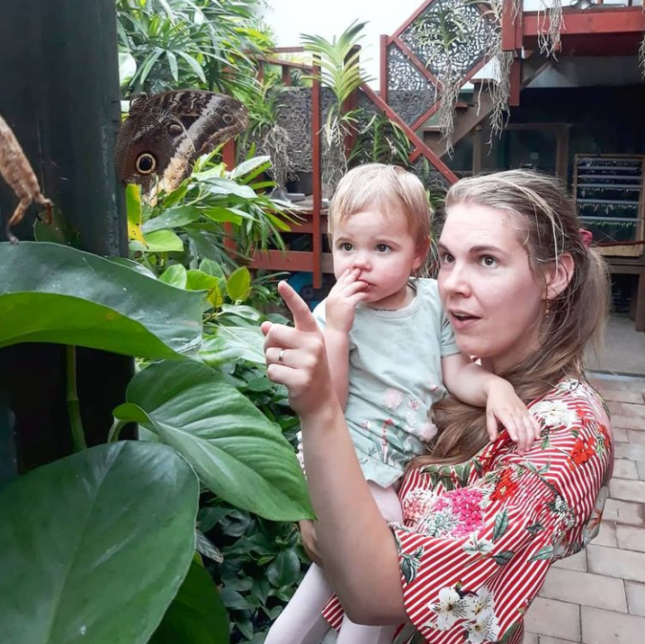
After talking about the different stages of her academic life and career, I asked our interviewee to look in retrospect and evaluate her choices. Would she have done something different knowing what she knows now?
Do you think it was worth it to first do a PhD and then pursue teaching? If you knew you would end up teaching, would you have done a PhD?
"I think for me, it was very nice to have this working experience (PhD) that I could bring to classrooms. Also, a little bit more of just life experience in general, I guess age. Because, yeah, if you're just graduated, sometimes you're still quite young or feeling quite young. Yeah, I think that's it, it's come for me at the right moments in my life. I'm also a mom now. So, I know what it's like to have children and then to educate someone else's children. I know they're all someone else's baby. So, I kind of understand that parents are really concerned. I think that that has also given me a new dimension to how I look at students and classes.
Finally, at the end of the interview, I wanted to address one of the most difficult issues that many students (myself included) go through, which is “the unknown”. What am I going to do after finishing my studies? Should I continue studying or should I work? And, if I work, should I work in a company or stay in academia? So, I asked Dr. Vossen about her experience and if she had any piece of advice for students that are struggling with this.
Did you face uncertainty about the future during your education? And if so, how did you overcome this fear of the unknown?
"I was constantly uncertain. So, I’m sorry to disappoint other people who think that I had one goal in life, because I really didn’t have that goal. It was always kind of towards the end of my studies, or the end of my job, I started thinking: Okay, what would be the next step? What would be my ideal job? And I would just list everything around it like the environment, the pay, and also, the holidays. In my ideal world, how would that look like and my activities and what my colleagues would look like. And so, I was always fixated on that, more than the type of job I was going to do."
What would you tell the students that are not sure of what to do career-wise? Or students that are not sure if they will find a job afterwards if they follow an alternative path?
"Yeah, if they're not sure what to do, I would tell them to list down the activities that they would like to do, and the kind of working environment that they would like, and the kind of security or pay that they would like to have. So, if you want to have a lot of job security, being a researcher doesn't really offer that much job security, right? […] And sometimes you have to travel a lot. So, then you have to think about if you would be willing to do that? […] Also, if you think someone is doing something interesting, just approach them and talk to them about how they like their job. […] Yeah, at the end of my master's, I also did that with people around me, this kind of networking talks, and that really worked well for me."
After talking with Tessa Vossen, I felt quite relieved to know that it is okay to feel lost sometimes and that it is allowed to try different careers before deciding what you like. I hope this down-to-earth interview with a real and normal person like any student will help some of you that are unsure. Most probably, it will not reveal to you the complete path to follow in your future, but maybe it will help you in deciding your next move and bring you one step closer to your ideal job.
Finally, the following is a list of main points of advice regarding uncertainty that I have collected while doing the interview with Tessa and writing this article for you.
What to do if you don't know what to do?
- If you are not sure of what to do, try to find a volunteer job where you can experience what a specific job would be like.
- Try to incorporate the main aspects of the jobs/paths you are interested in in your internships, this way you can simulate how it would be to do the real job.
- If you could not manage to follow point 1 and/or 2, you can always talk with someone in the profession you are interested in and talk about what the work entitles and what the advantages and disadvantages are.
- If you cannot decide between fields, trust your instincts. They are usually right and even if they are not, you might regret it if you do not try at least.
- Also, remember that the career path you start today does not have to be the one of tomorrow. If you face uncertainty, be open and try different positions. If something does not work out, do not panic. Changing career and/or field is not impossible.
- All job experience is important, even if it is not in your preferred field. You can learn skills and increase your knowledge, which you will take with you to your next job.
- If you still do not know what type of work to do, do not focus on the job itself but rather on the benefits that come with it, such as holidays, financial stability, salary etc. It might not be your dream job, but it could help you fulfil other dreams and who knows, maybe it will turn out to be your ideal position.
- Once you have an idea on what your future might look like, apply for all jobs that you think might be interesting, even if you think you will not get them. You never know what could happen.
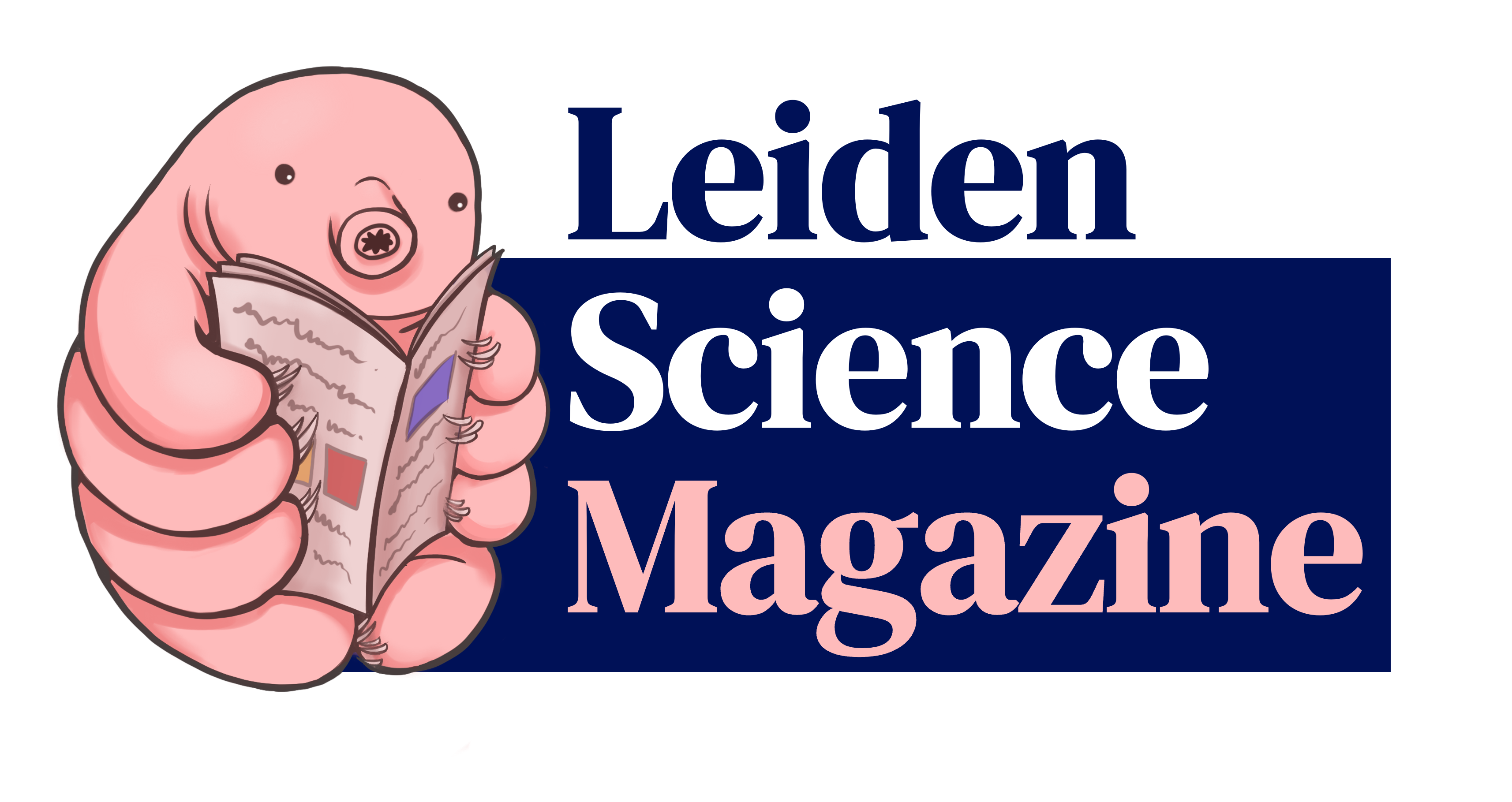

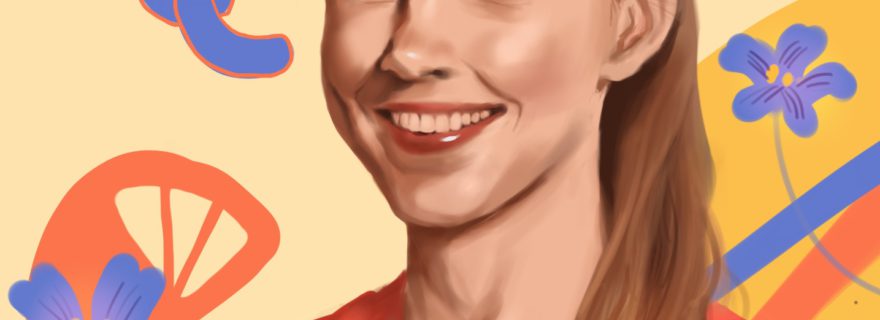
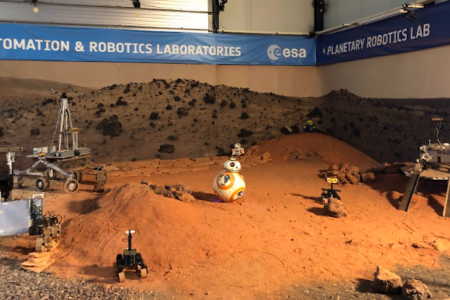
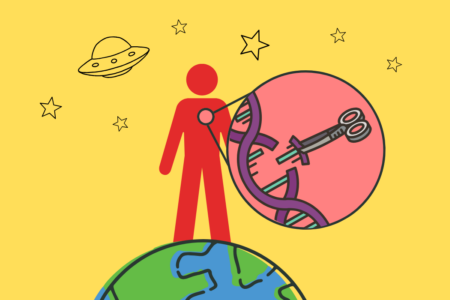
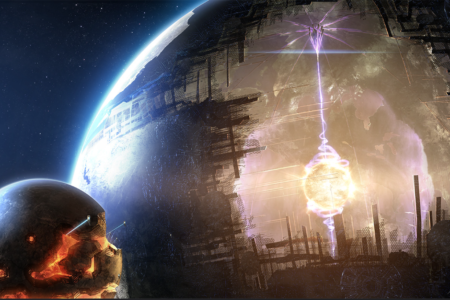
0 Comments
Add a comment